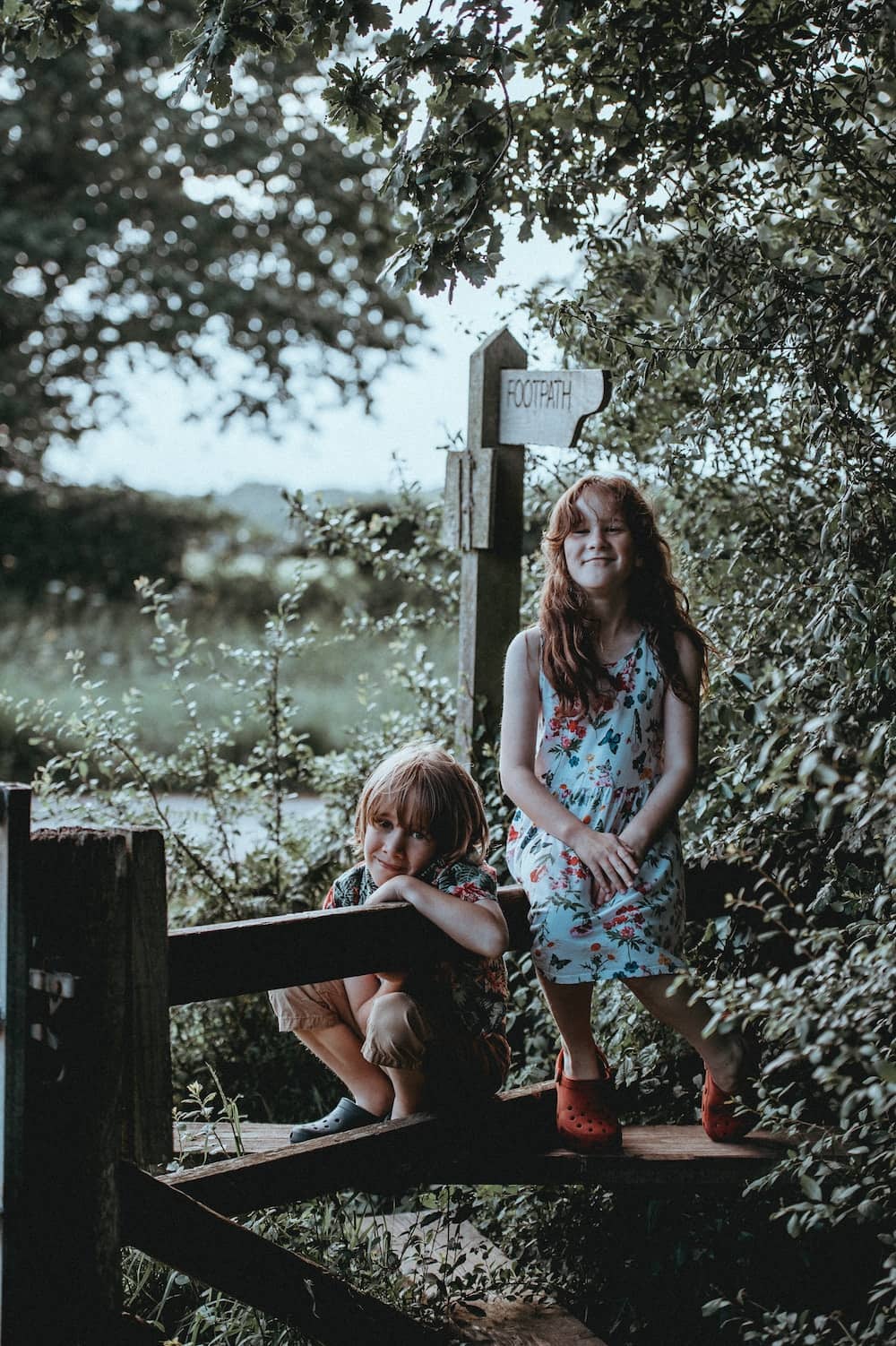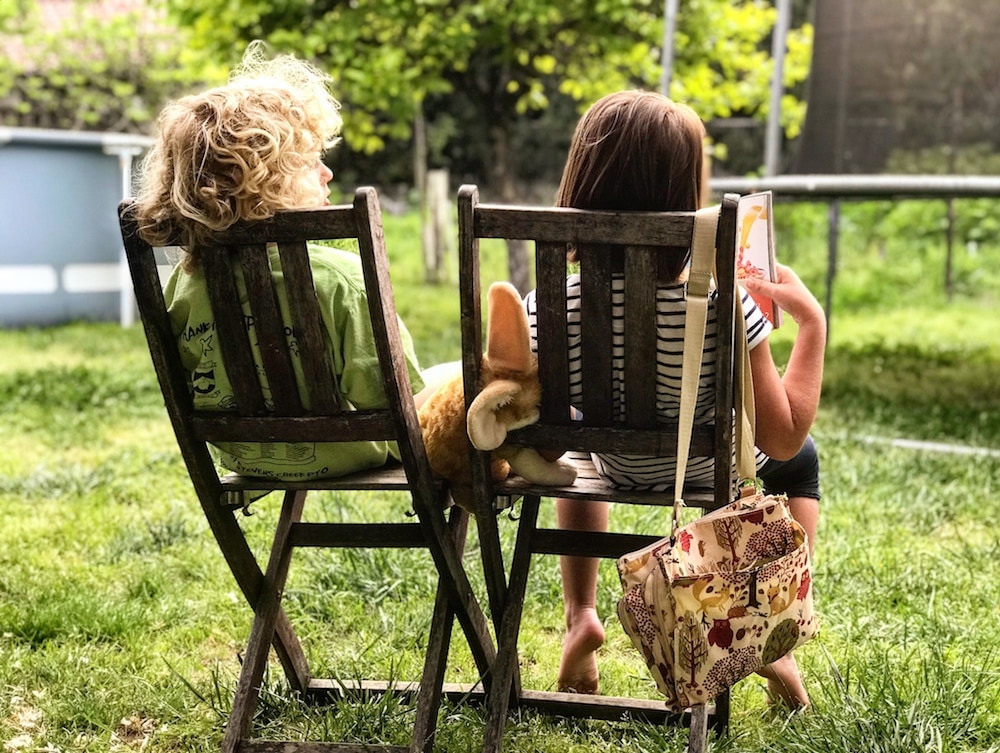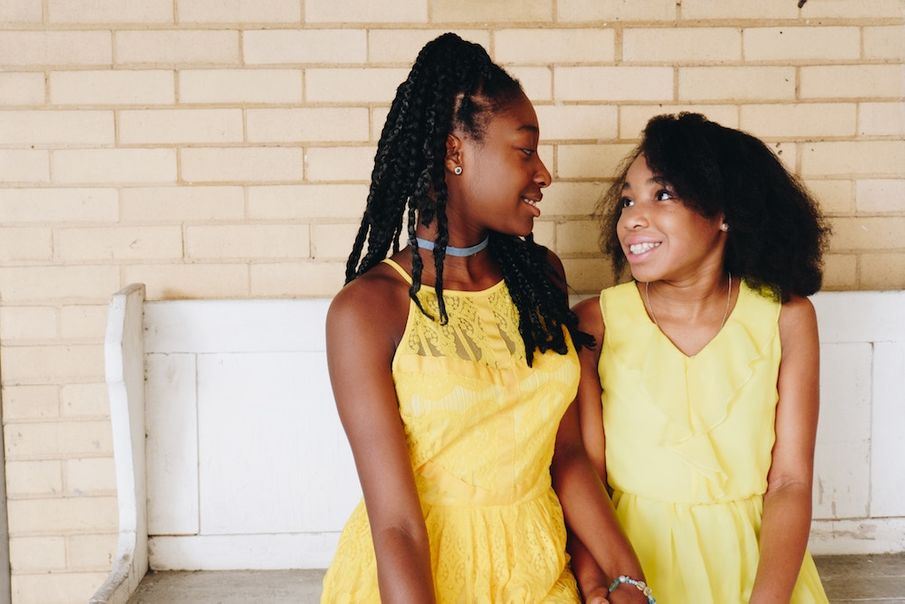Social skills don’t always come naturally to children – here's some tips for supporting your child in their friendships
A lonely child standing in the corner of the playground with no friends; a sad youngster eating lunch alone. These are images that haunt us as parents and tug at our hearts. It’s not surprising then that friends (and the lack of them) is one of the things parents and children worry about the most.

So, how can we help our children make friends or deal with friendship issues? Child health and wellbeing experts from children’s charity the Sunflower Trust, offer some tips:
Create lots of opportunities for your child to meet other children in different environments
Soft play, swimming pools, playgrounds, clubs, play dates. Making a friend outside of school can make up for lack of friends in school and increase social confidence to help with the minefield of the playground.
Suggest choosing activities they know another child will enjoy
Teaching your child to show an interest in others will help them foster positive relationships with their peers. For example: “Peter likes animals, doesn’t he? Why don’t you ask if he wants to play a game of vets at break time?” For older children it might be having a game of chess or heading to the art room.
Encourage your child to ask others about their interests/their weekend/their pets. Help them to learn that friendships are based on showing an interest in one another.
Remind your child of the importance of kindness
Here are some things they can try:
- If they see another child upset, ask them what is wrong and try to help
- If they see another child on their own, ask them to join in
- Make a card or draw a picture for another child
- Offer to share their pencils or toys at break time
Practise different social scenarios
You don’t have to carry out a full role-playing session, just talk about what they might say or do in certain situations such as when they lose or win a game, or if they see mean behaviour or see someone else upset. Bedtime reading involving stories about friendship can also help younger children.

Give your child a confidence boost by telling them why people will like them
Sunflower’s CEO Nichola Atkinson explains: “Children with healthy self-esteem and self-confidence learn more, achieve more, have more friends, are less likely to be alienated and are generally happier than those with low levels of confidence.”
Help your child to understand negative behaviour
Your child will probably come home in tears more than once because their best friend wouldn’t speak to them that day, a group of children wouldn’t let them join in or someone has been horrible to them. It’s natural for them to be upset but you can help by trying to get them to see the bigger picture.
You could say things like: “That wasn’t a nice way to behave but maybe they were feeling angry about something and they just took it out on you.”
Or: “Maybe they were feeling worried about not having any friends as well and they were showing off.” When it comes to older children, it’s also worth reminding them that hormones have a big role to play!

Help them deal with friendship bust-ups in a rational way by not over-reacting or getting angry yourself
More positive messages could include:
- Perhaps you have just both started liking different things
- Maybe now you have a chance to make friends with someone else
- If the friendship was not making you both happy, maybe it will do you good to have some distance from each other for a while
Sunflower practitioner Sheree McGregor offers this advice: “Keep open communication with teachers and other adults involved with your child’s care.
“Provide a happy, caring and supportive home environment, one in which your child will feel confident. The more confidence they have the more they will be able to communicate and interact confidently. Sport related activities also encourage self-confidence and increase self-esteem.”
If your child is struggling to cope, or you feel they need extra support with their emotional confidence, the Sunflower Programme can help: 01483 531498, enquiries@sunflowertrust.com, www.sunflowertrust.com


Comments